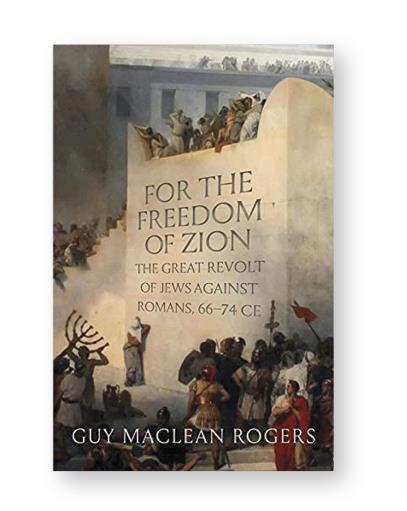
In 66 CE, fighting between the Jewish populace and their Roman overlords broke out in Judea. It eventually led to all-out war, culminating in the destruction of Jerusalem in 70 CE. Three years later, the last rebel stronghold at Masada was captured. These events proved to be game changing for the ensuing history of Judaism and Christianity as well as the Roman Empire.
Thanks to Flavius Josephus, the first-century Jewish writer who played an active role in the First Jewish Revolt against Rome and was witness to some of its major events, scholars have a treasure trove of information to sift through. One could say that without Josephus’s Jewish War (and his Life and Antiquities) we would know next to nothing about the war’s ins and outs. But to many scholars, Josephus is an obstacle that has to be overcome in the quest to untangle the “real” causes of the revolt and to unfold its events.
Josephus’s work is considered suspect by many, partly because he tries to cast the blame for the revolt’s outbreak on a few unsavory characters while exculpating his own class, the aristocracy. Josephus also wrote a different kind of history than we are used to. His work is at home in the Greco-Roman world; in typical fashion, it blends drama with history, is imbued with his moral and theological values (and judgments!), and is shaped by his apologetic tendencies. Consequently, scholars have invested enormous effort into interrogating Josephus’s work and its reliability.
Already a library member? Log in here.
Institution user? Log in with your IP address.

